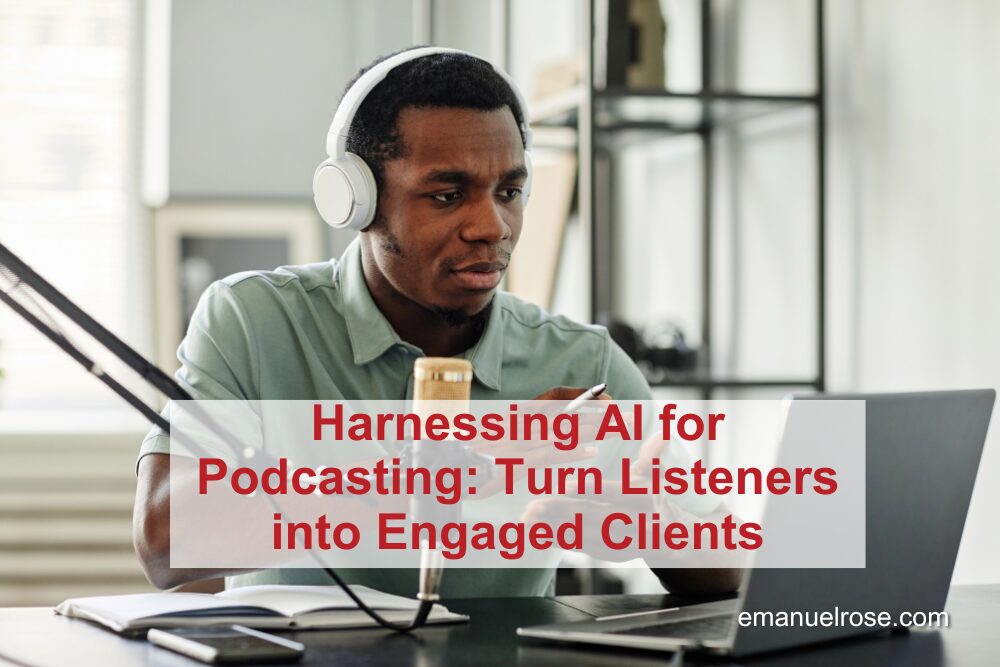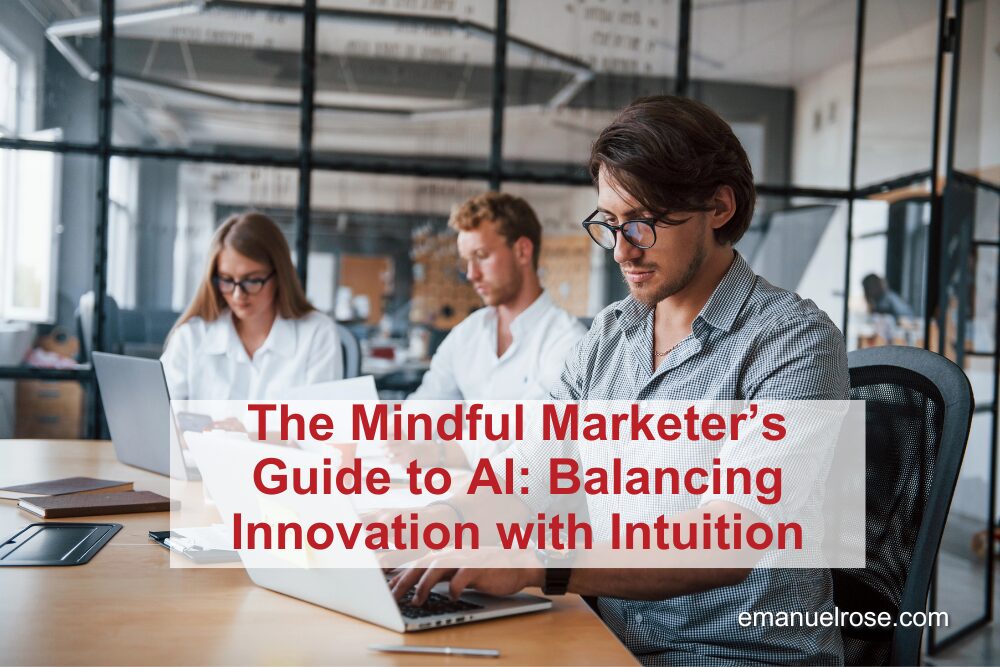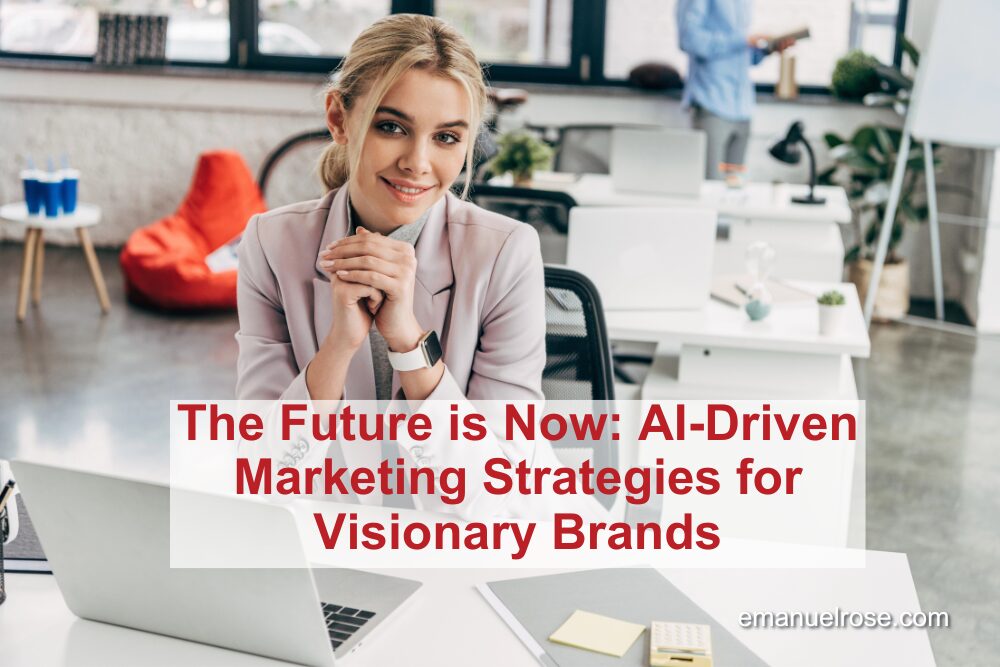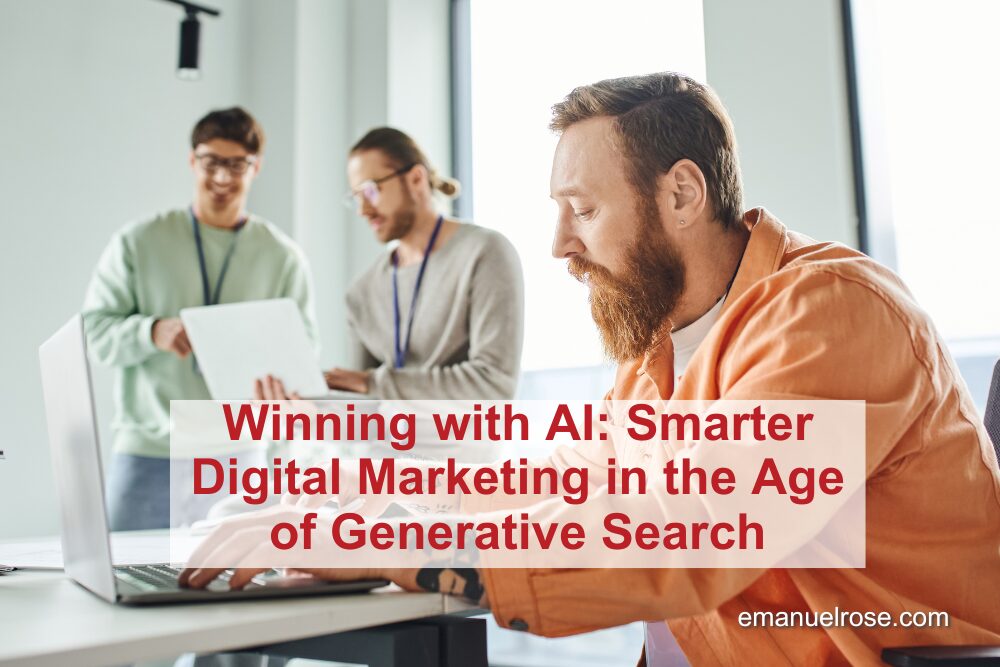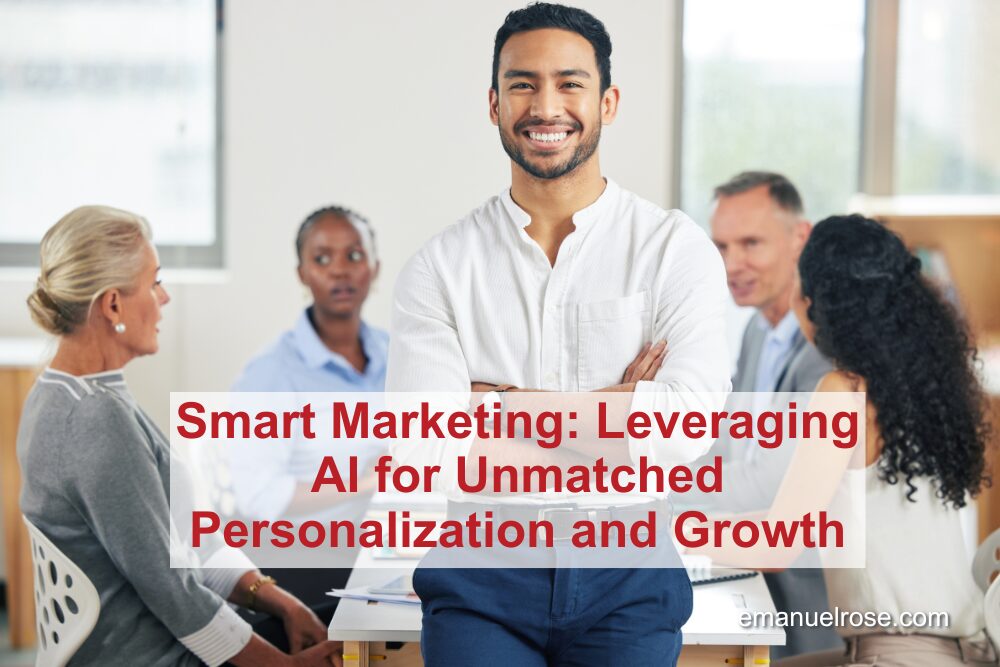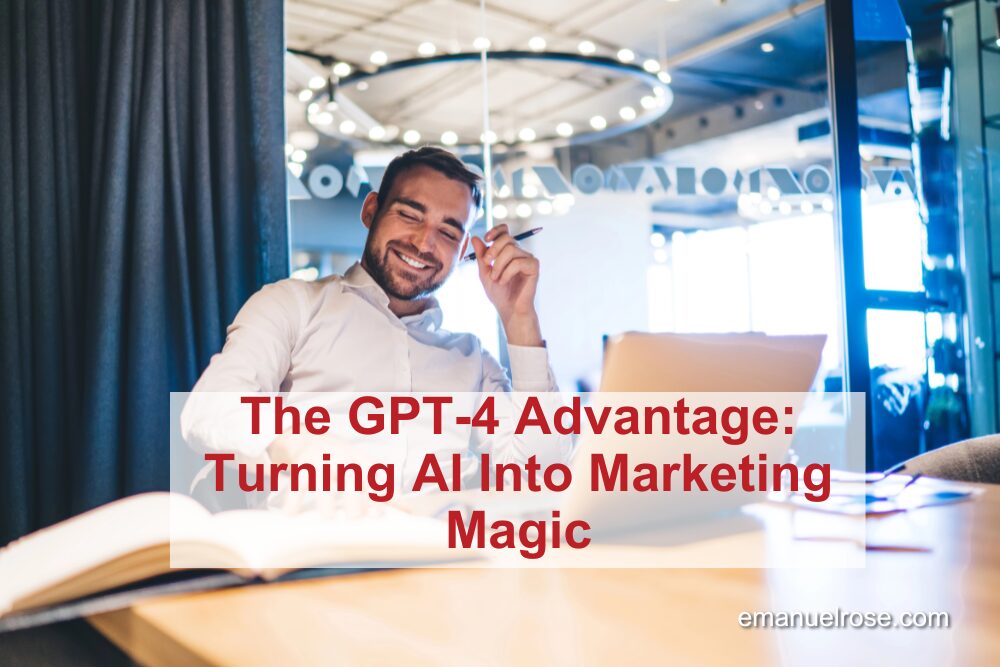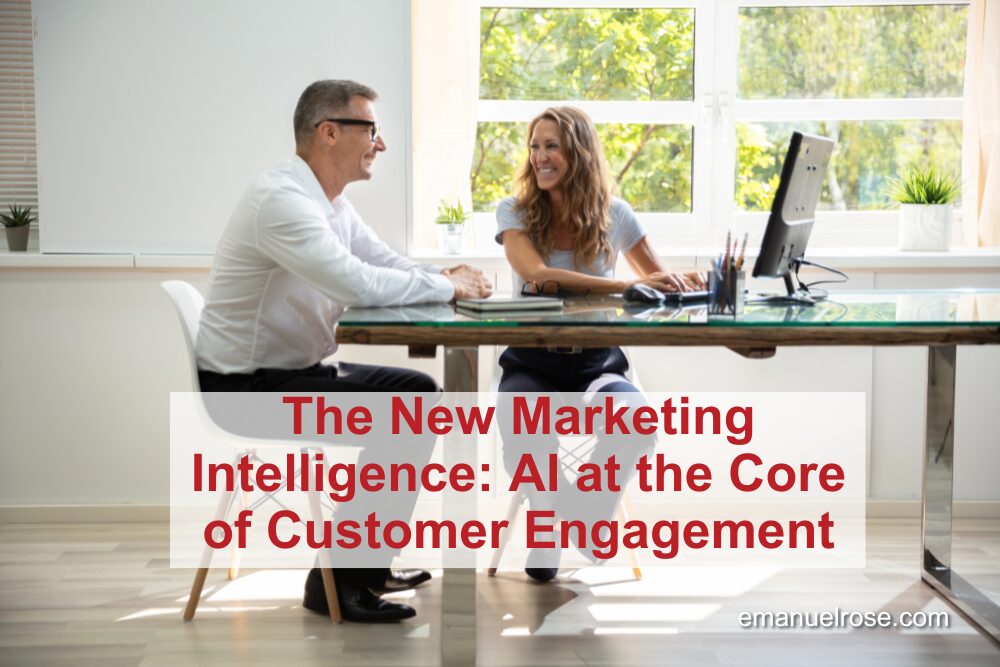Harnessing AI for Podcasting: Turn Listeners into Engaged Clients
In digital marketing, understanding how to leverage technology is crucial for business success. Recent insights from the “Marketing in the Age of AI” podcast highlight innovative approaches that businesses can use to enhance their marketing strategies, primarily through the use of podcasting. Strategy and Key Takeaways During our discussion with Nathalie Doremieux, a pioneer in creating impactful online communities, we explored how businesses can effectively bridge the gap between passive podcast listeners and active participants. Nathalie emphasized, “Using AI as a tool to solve a problem transforms a passive listener into someone eager to engage.” This approach identifies opportunities to initiate conversations with listeners while they’re still engaged, helping them transition from passive consumers to proactive clients. By harnessing AI’s capabilities, podcast creators can develop personalized interactions that cater to listeners’ needs in real-time, thus increasing conversion potential and building loyalty. How Marketers Can Apply This Implementing these insights means integrating AI-driven tools to analyze podcast episodes and turn them into actionable prompts for listeners. For instance, businesses can set up a mechanism that triggers a survey or feedback form during or immediately after an episode. The AI analyzes responses and follows up with tailored emails that nurture these leads. This method enhances the listener experience and provides invaluable data that can refine marketing strategies. Consider adopting existing systems, such as HubSpot or Mailchimp, which can be supplemented with AI capabilities to track listener engagement and automate responses. Industry Perspective The implications of these trends extend across various industries, particularly in sectors that rely heavily on personal relationships, such as coaching, consulting, or services. Businesses are better positioned to meet customer needs and expectations by fostering engagement through personalized communication. As podcasting becomes an increasingly crowded space, the ability to deliver tailored content and cultivate community will set successful brands apart. This strategic approach leads to enhanced marketing operations and personalization, ensuring businesses remain relevant and competitive in an AI-infused landscape. Moving Forward with AI-Driven Marketing To stay ahead in this dynamic environment, marketing leaders should consider testing an AI tool designed for listener engagement in their next podcast episode. Setting up a simple feedback mechanism during the show can yield immediate insights into audience interest and needs. By proactively engaging with your listeners, you enhance retention and foster a more meaningful connection that can convert an audience into loyal clients. Guest Spotlight Nathalie Doremieux co-founded The Membership Lab, where she focuses on designing AI-driven instructional strategies to enhance member retention and engagement. Connect with Nathalie on LinkedIn here and learn more about her work at The Membership Lab.
Harnessing AI for Podcasting: Turn Listeners into Engaged Clients Read More »

